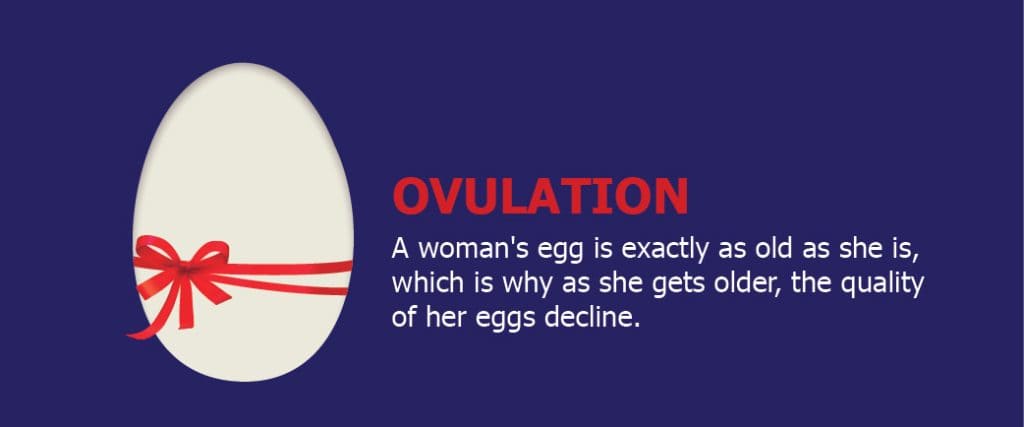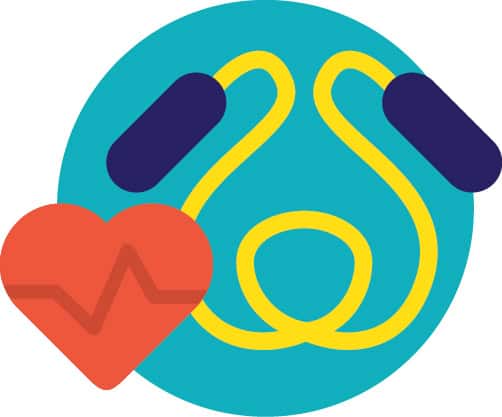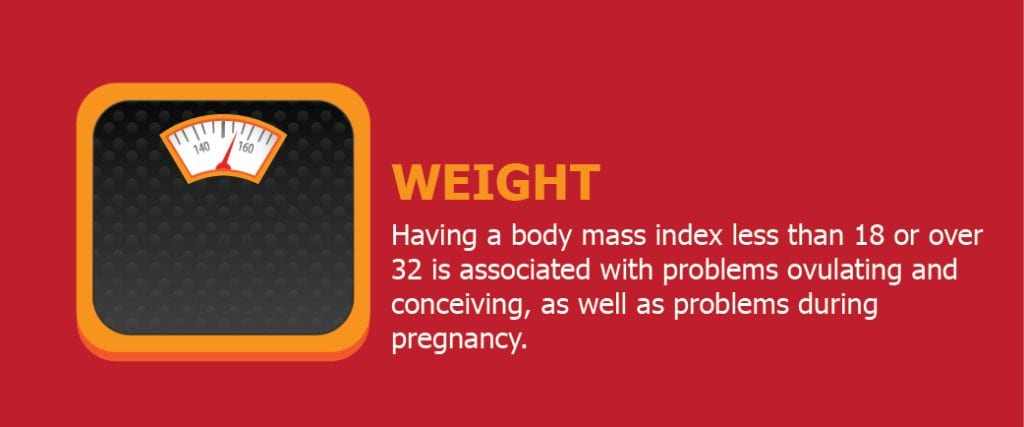Beware ladies! There comes a point, in every childless woman’s life, when the larger world becomes very interested in your womb. Friends, family and mother-in-laws included inquire about your womb, asking why it is not being utilized, when it will be, or will it ever work? This is especially so in Malaysian community as we practice extended family system.
Today, forty-something mothers are more likely to be first-timers, and their numbers are rising. In the UK Office for National Statistics figures show that pregnancy rates for over forties have more than doubled in the past 24 years, with 14 conceptions per 1,000 women aged over 40 compared with six per 1,000 in 1990. The average age for a British woman to have her first child is 30, and 35 for university-educated women.
The trend in Malaysia is fast catching up with the UK statistics. Women made up of more than 50% of university graduates. Women above 38 years old made up about 15% of total antenatal clinic attendees.
It is a known fact that the older you are the less likely of you getting pregnant. A woman is born with her full supply of eggs but these naturally decline each month. Women do not make any new eggs like men producing new sperms forever.
A woman’s eggs are exactly as old as she is, so essentially as women age, so does your supply of eggs. So the quality of your eggs when you reach your 30’s and 40’s is significantly lower than it is in your 20s.This fact is not only true in natural cycle but also in IVF cycle.

In IVF, the process relies on the extraction of a large number of eggs from the ovaries. Younger women’s ovaries respond better to the drugs used to extract the eggs, and younger women’s eggs are more likely to be normal. As a result younger women’s IVF success rates are indeed much higher, 42 percent of those younger than 35 will give birth to a live baby after one IVF cycle, versus 27 percent for those ages 35 to 40. Many studies have confirmed how IVF success declines with age.
So how long can you wait to have a baby? For a career woman, there are always fundamental conflict between career ambitions and the hope for having a family. Do consider your fertility when making a decision about your career. However on the plus side, research indicates that “older” mothers usually have more solid marriages, command higher salaries and live longer than women who have their children in their twenties. These women almost invariably report that choosing to delay motherhood was the best choice they have made.
There need not be any right or wrong answer but you have to make a decision anyhow. There are only 3 options in making a decision. The first is to go for family with the risk of losing your higher career. The second is to go for career with the risk of losing the chance of having a family.
If you are focused on building your career but you know you want children someday, consider the third option. As you race up the career ladder pause for a moment to consider your fertility and give yourself the best chance of having it all hence balancing between your family and career.
Before making any decisions, you need to consider some facts on fertility. You must know your health status in relation to fertility.

To increase your chance of being pregnant in future, you need to lead a healthy lifestyle. This includes exercising regularly which will prevent you developing illness such as diabetes or thyroid problems at later stage when you decide to get pregnant. These diseases may impact on your future fertility.

Quitting drinking and smoking at early stage is very important choice you have to make. Smoking ages your eggs by around 10 years. So in your 20s you have the eggs of a 30 year old and by the time you are 30, you will have the eggs of a 40 year old. Research shows that cigarette smoking is responsible for approximately 13% of infertility worldwide and on average smokers requires twice the number of IVF cycles before they conceive.

Excessive alcohol intake disrupts the functioning of and damages the egg. It also impairs the body’s ability to absorb essential vitamins and minerals. So if you don’t stop taking alcohol, it will affect the quality of your eggs in future.
One of the most common causes of infertility is polycystic ovary syndrome. Those women with polycystic ovaries tend to be obese, having irregular period and excessive male hormones. Their ovaries will not usually ovulate leading to infertility. If you think you have polycystic ovaries, it is for your best interest to see your doctor before making any decision to delay pregnancy.
Your doctor may request you to do some basic test including blood test and ultrasound of your ovaries to confirm the diagnosis. Those with polycystic ovaries need help to get pregnant and sometimes delaying your pregnancy later may have serious impact on your future fertility especially if you do not reduce your weight.

Women with previous abdominal surgeries such as appendicectomy and bowel surgery need to inform their doctors. These operations can cause severe pelvic peritoneal adhesions leading to blockage of their fallopian tubes. Your doctor may request you to do an x-ray called HSG, to confirm the status of your fallopian tube. If your tube is confirmed blocked, the best alternative for pregnancy is to go through IVF treatment. Obviously this will have an impact on your decision to delay pregnancy as the success rate of IVF declined with age.
Women with gynaecological problem such as fibroid, ovarian cyst and endometriosis may also consider not to delay their pregnancy.
Women with uterine fibroid, usually presented with heavy and painful period. If the fibroid is found on the inside of their womb, it may cause difficulty to get pregnant and sometimes can cause recurrent implantation failure or miscarriage. Your doctor will advise you for surgery to remove your fibroid.
Women with endometriosis or cyst will usually have difficulty to ovulate and their fallopian tube may be blocked due to pelvic adhesions. These women may need long term treatment and follow up.
Women who are healthy may consider freezing their eggs if they do not want to “freeze” their career. This process involves the women undergoing ovarian stimulation just like IVF to produce eggs. Once enough eggs are available from the process, they are being frozen for future use. The advantage with this method is that the eggs frozen from younger women are better quality than the eggs produce when they decided to get pregnant at later stage. The main disadvantage with this method is that the eggs may not survive the freezing process. The women will then miss the opportunity to get pregnant when she decides so.
Women must also be made aware of the risk of pregnancy at older age. The risks include premature labor, hypertension, diabetes, small baby, premature labor, miscarriage and higher risk of chromosomal anomalies like Down’s syndrome.
Women must understand the risk of delaying pregnancy before deciding between career or family. Men do not have a biological clock. If the women decide to start their fertility clock later, they must make sure they are fit and healthy. They must also consult their fertility expert.
Share:
Was this article helpful?
Articles and Video
Learn more about Obstetrics And Gynecology And Reproductive Medicine in Columbia Asia
Learn MoreShare:
Was this article helpful?
Health Packages
Elevate your health with tailored health packages at Columbia Asia Hospital. Take charge of your health journey today.

